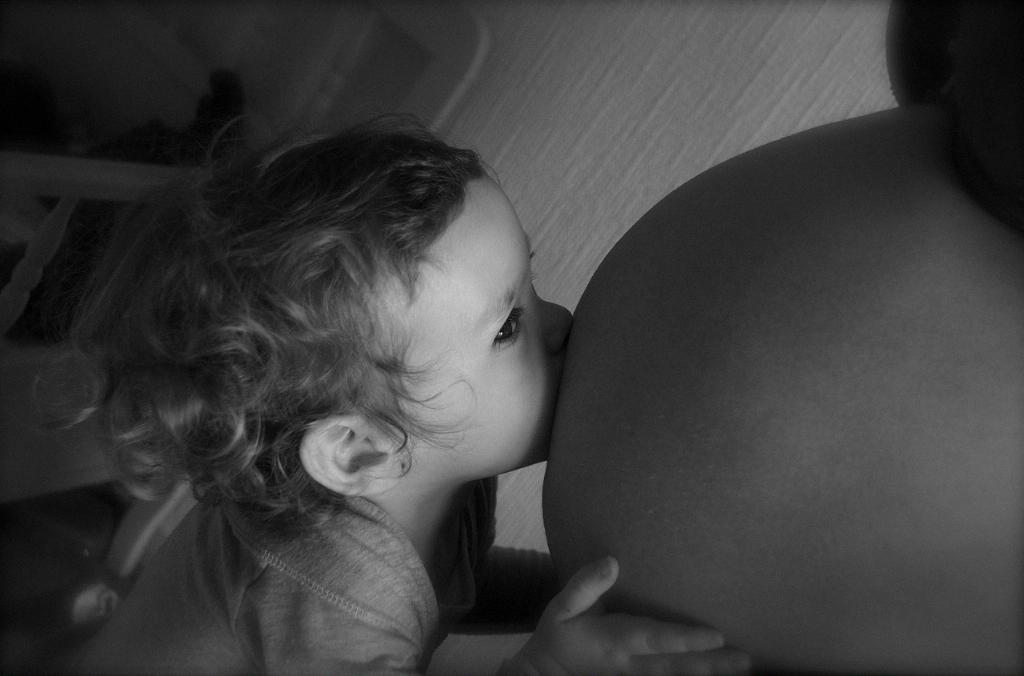When it comes to the topic of cesarean sections (C-sections) and their possible implications on future health, there are various factors to consider. One of the key questions that often arises is whether C-sections can lead to problems later in life. Let’s delve into this subject and examine the potential long-term effects of this common surgical procedure.
Possible Long-Term Gynecological Complications
Research has highlighted several gynecological complications that may be associated with C-sections in the long run. Among these issues are scar defects, which can manifest as postmenstrual spotting and dysmenorrhea. The presence of scar defects may also increase the risk of caesarean scar ectopic pregnancies, a serious condition that requires medical attention.
Chronic Pelvic Pain and Fertility Concerns
Another significant concern related to C-sections is the development of pelvic adhesions. These internal scars can lead to chronic pelvic pain, impacting a woman’s quality of life. Moreover, pelvic adhesions have been linked to decreased fertility rates, posing challenges for women who may desire to conceive in the future.
Impact on Psychological Well-Being
It’s essential to recognize that the effects of C-sections extend beyond physical health. Many individuals experience emotional repercussions following a C-section, ranging from feelings of disappointment to potential trauma related to the surgical procedure. Addressing these psychological aspects is crucial for overall well-being.
Considerations for Future Pregnancies
For women who undergo C-sections, there are implications to consider for future pregnancies. The presence of scar tissue from previous surgeries can sometimes increase the likelihood of complications, such as placenta previa or placenta accreta. These conditions require close monitoring during subsequent pregnancies.
Postpartum Recovery Challenges
Recovering from a C-section can pose unique challenges compared to vaginal delivery. The healing process after surgery may involve discomfort, restriction of movement, and a longer recovery period. Proper postpartum care and support are essential to promote optimal healing and well-being.
Importance of Follow-Up Care
Monitoring and follow-up care play a crucial role in identifying any potential complications stemming from a C-section. Regular check-ups with healthcare providers can help address any emerging issues promptly and ensure that appropriate interventions are implemented to safeguard long-term health.
Embracing Individualized Care
Every individual’s experience with C-sections is unique, and personalized healthcare is key to addressing specific needs and concerns. Healthcare professionals should prioritize patient-centered care, taking into account each person’s medical history, preferences, and goals for future health and well-being.
Educational Resources and Support
Access to reliable information and support networks is vital for individuals who have undergone C-sections. Educational resources can empower individuals with knowledge about potential risks and preventive measures, while support groups can offer emotional guidance and camaraderie during the recovery process.
Advocating for Comprehensive Care
Advocacy for comprehensive care for individuals who have had C-sections is essential in promoting long-term health and well-being. This includes advocating for improved access to postpartum services, mental health support, and reproductive healthcare to address the diverse needs of those affected by cesarean deliveries.
Conclusion: Nurturing Health Beyond C-Sections
While C-sections are commonly performed and can be life-saving in certain situations, it’s crucial to acknowledge the potential long-term implications of these procedures. By prioritizing holistic care, addressing gynecological complications, supporting mental health, and advocating for personalized follow-up, we can nurture health and well-being beyond the immediate postpartum period.

